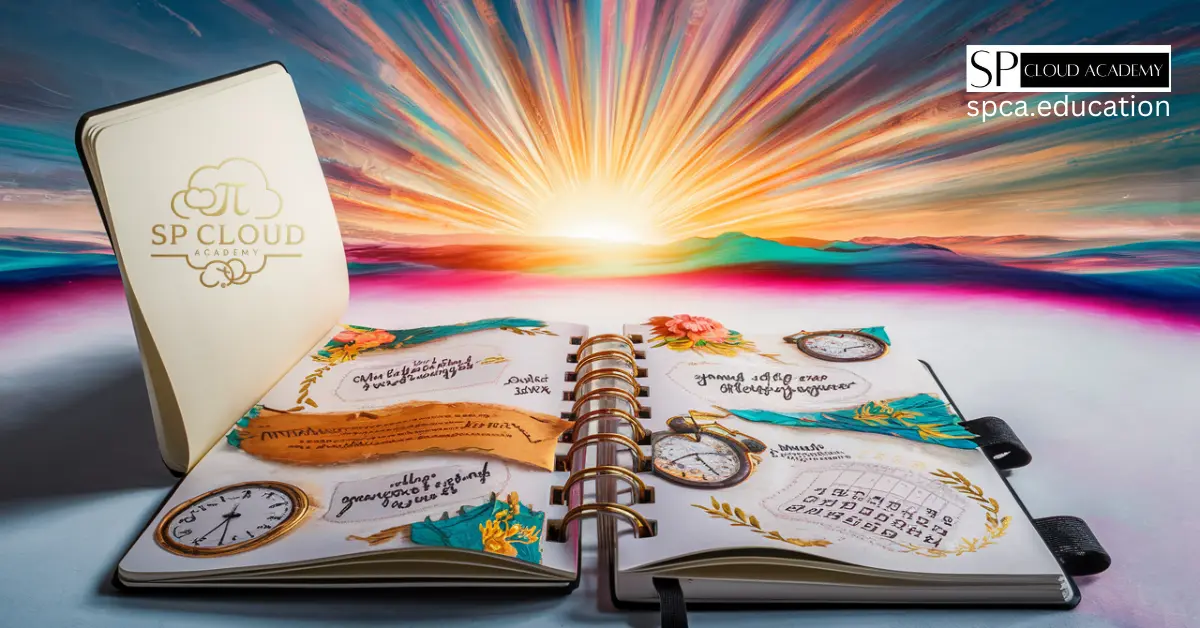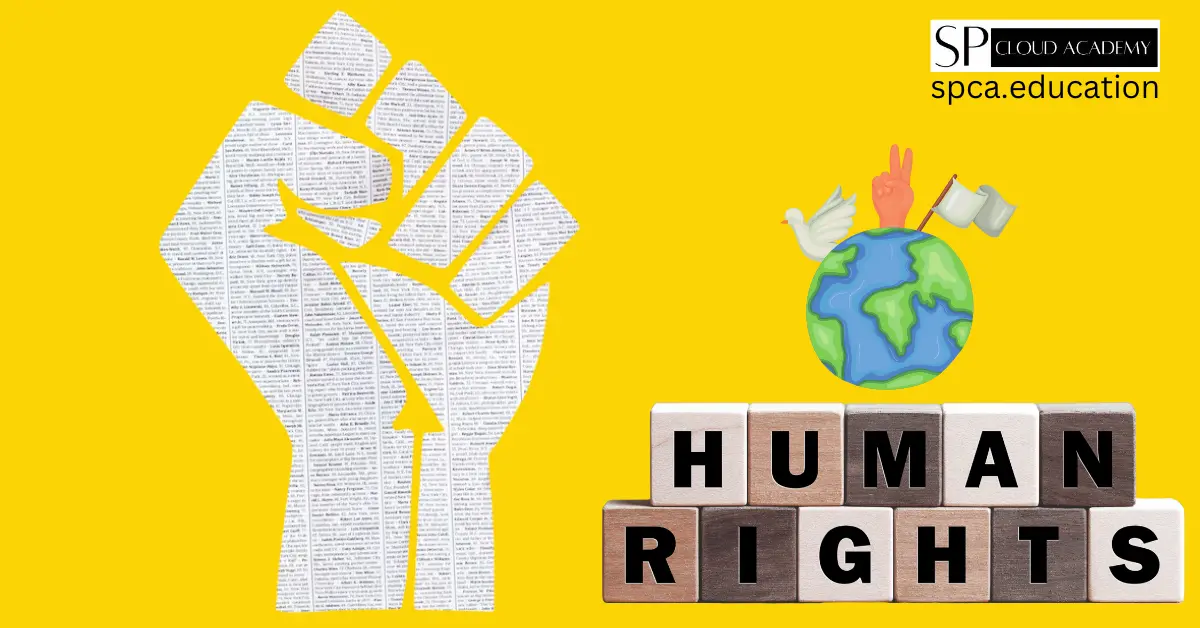In order to grasp the significance of international human rights in a globalized world, it is essential to first understand what these rights entail. International human rights are a set of principles and standards that aim to protect and promote the inherent dignity and worth of every individual, regardless of their nationality, race, gender, religion, or any other characteristic. These rights are enshrined in various international treaties and declarations, such as the Universal Declaration of Human Rights adopted by the United Nations General Assembly in 1948.
International human rights encompass a wide range of civil, political, economic, social, and cultural rights. Civil and political rights include the right to life, freedom of expression, and the right to a fair trial, among others. Economic and social rights, on the other hand, encompass the right to education, healthcare, and an adequate standard of living. These rights are interconnected and indivisible, forming the foundation of a just and equal society.
The evolution of international human rights
The concept of human rights has a long and complex history, with its roots dating back to ancient civilizations. However, it was not until the aftermath of World War II, with the atrocities committed during the Holocaust and the devastation caused by the war, that the international community recognized the need for a comprehensive framework to protect human rights on a global scale.
The Universal Declaration of Human Rights, adopted in 1948, marked a turning point in human history. It laid down a set of fundamental rights and freedoms that should be universally respected and protected. Since then, numerous international treaties and conventions have been established to further elaborate on these rights and provide mechanisms for their enforcement.
The impact of globalization on human rights
As the world becomes more interconnected through advances in technology, trade, and communication, the impact of globalization on human rights cannot be underestimated. On one hand, globalization has created opportunities for economic growth, cultural exchange, and the spread of ideas. On the other hand, it has also given rise to new challenges and threats to human rights.
Globalization has led to the expansion of global supply chains, with companies operating in multiple countries and outsourcing production to developing nations. While this has contributed to economic development and improved living standards for many, it has also resulted in labor exploitation, environmental degradation, and violations of workers’ rights. The lack of effective regulation and oversight in some regions has allowed these abuses to persist.
Moreover, the increasing flow of people across borders has raised issues related to migration and refugees. Many individuals are forced to leave their homes due to conflict, persecution, or the search for better opportunities. However, they often face discrimination, xenophobia, and violations of their basic rights in their host countries. The challenge lies in balancing the need for secure borders and national sovereignty with the duty to protect the rights and dignity of all individuals.
International human rights organizations and treaties
International human rights are not just abstract concepts; they are backed by concrete institutions and legal frameworks. Various organizations, such as the United Nations, the International Criminal Court, and non-governmental organizations like Amnesty International and Human Rights Watch, play a crucial role in monitoring human rights violations, advocating for their protection, and providing assistance to victims.
In addition, numerous treaties and conventions have been established to ensure the implementation and enforcement of human rights standards. These include the International Covenant on Civil and Political Rights, the International Covenant on Economic, Social and Cultural Rights, and the Convention on the Elimination of All Forms of Discrimination Against Women, among many others. States that have ratified these treaties are legally bound to respect, protect, and fulfill the rights enshrined within them.
The role of governments in protecting human rights
Governments play a central role in upholding and protecting human rights within their jurisdictions. They have a responsibility to create and enforce laws that guarantee the rights and freedoms of their citizens. This includes ensuring access to justice, freedom of expression, and the right to participate in the political process.
However, the reality is that not all governments prioritize human rights. Some governments engage in censorship, suppress dissent, and violate the rights of their citizens with impunity. In such cases, international pressure and accountability mechanisms are crucial in holding these governments accountable and seeking justice for the victims.
Challenges and controversies in enforcing international human rights
Enforcing international human rights is not without its challenges and controversies. One of the main challenges is the lack of universal acceptance and compliance with human rights standards. While many countries have made significant progress in protecting human rights, others continue to undermine these principles due to cultural relativism, political considerations, or economic interests.
Moreover, the enforcement of human rights often requires cooperation and coordination among multiple actors, including governments, international organizations, and civil society. This can be a complex process, as different stakeholders may have competing interests and priorities. Striking the right balance between respecting national sovereignty and ensuring the protection of human rights is a delicate task.
Another major controversy revolves around the question of cultural relativism. Some argue that human rights are a product of Western ideologies and that imposing these standards on other cultures is a form of cultural imperialism. However, it is important to recognize that human rights are universal in nature and should apply to all individuals, regardless of their cultural background. Cultural practices that violate human rights, such as female genital mutilation or child marriage, should not be justified under the guise of cultural relativism.
The connection between economic development and human rights
There is a strong correlation between economic development and the realization of human rights. Access to education, healthcare, and a decent standard of living are not only fundamental rights but also essential for economic growth and social progress. Investing in human capital and providing equal opportunities for all individuals can contribute to poverty reduction, sustainable development, and social cohesion.
However, it is important to note that economic development should not come at the expense of human rights. The pursuit of economic growth should be inclusive, equitable, and sustainable. It should not lead to the marginalization or exploitation of certain groups, nor should it result in environmental degradation or the violation of workers’ rights. Balancing economic interests with human rights considerations is crucial for creating a just and prosperous society.
The role of individuals and civil society in promoting human rights
While governments and international organizations play a crucial role in protecting human rights, individuals and civil society also have a significant impact. Human rights activism, grassroots movements, and advocacy campaigns have been instrumental in raising awareness, mobilizing support, and pushing for policy changes.
Individuals can make a difference by speaking out against human rights abuses, engaging in peaceful protests, and supporting organizations that work towards the protection of human rights. Social media and digital platforms have provided new avenues for individuals to amplify their voices and hold governments and corporations accountable. By standing up for human rights, each individual contributes to the broader movement for justice and equality.
Case studies of human rights violations and their global implications
To fully understand the importance of international human rights in a globalized world, it is crucial to examine real-life examples of human rights violations and their global implications. From the genocide in Rwanda to the Rohingya crisis in Myanmar, these cases highlight the devastating consequences of human rights abuses and the urgent need for international action.
Human rights violations not only affect the immediate victims but also have far-reaching consequences for regional and global stability. They can fuel conflict, create refugee crises, and undermine trust and cooperation among nations. By addressing human rights violations, the international community can contribute to peacebuilding, reconciliation, and sustainable development.
Conclusion: The ongoing fight for international human rights
In conclusion, the importance of international human rights in a globalized world cannot be overstated. As our world becomes increasingly interconnected, it is crucial that we uphold a set of universal standards to protect the dignity and well-being of all individuals. International human rights recognize the inherent value and equality of every human being, regardless of their nationality or place of origin.
While progress has been made in the promotion and protection of human rights, challenges and controversies persist. Enforcing human rights requires the commitment and cooperation of governments, international organizations, and civil society. It demands a balance between respecting national sovereignty and ensuring the universal application of human rights standards.
By upholding international human rights, we can foster peace, justice, and equality in a globalized world. We must continue the fight for human rights, advocating for their protection, and holding governments and institutions accountable for any violations. Together, we can create a world where every individual’s rights are respected and upheld, regardless of their background or geographical location.
FAQs
Here are some frequently asked questions about international human rights along with brief answers:
- What are human rights?
- Human rights are fundamental rights and freedoms that belong to every person, regardless of their nationality, race, gender, religion, or any other status.
- What is the Universal Declaration of Human Rights?
- The Universal Declaration of Human Rights (UDHR) is a milestone document adopted by the United Nations General Assembly in 1948. It sets out basic human rights and freedoms to be universally protected.
- Who is responsible for protecting human rights globally?
- Governments have the primary responsibility for protecting and promoting human rights within their jurisdictions. However, the international community, including the United Nations and various human rights organizations, also play a significant role in monitoring, advocating, and holding governments accountable for human rights violations.
- How are human rights violations addressed internationally?
- Human rights violations are addressed through various means, including diplomatic pressure, economic sanctions, international tribunals, and mechanisms like the United Nations Human Rights Council and treaty bodies.
- What are the core principles of international human rights law?
- The core principles include universality, indivisibility, interdependence, and non-discrimination. These principles emphasize that all human rights are equal and interconnected.
- What are some examples of human rights violations around the world?
- Examples include arbitrary detention, torture, discrimination based on race, gender, or religion, violations of freedom of expression and assembly, and violations of economic, social, and cultural rights such as lack of access to healthcare and education.
- How does international law protect vulnerable populations?
- International law provides specific protections for vulnerable populations such as women, children, refugees, indigenous peoples, and persons with disabilities through treaties, conventions, and specialized agencies.
- What role do non-governmental organizations (NGOs) play in promoting human rights?
- NGOs play a crucial role in advocating for human rights, documenting abuses, providing assistance to victims, and holding governments accountable. They often work alongside governments and international organizations to advance human rights agendas.
- Can individuals seek justice for human rights violations at the international level?
- Yes, individuals can seek justice for human rights violations at international courts and tribunals like the International Criminal Court (ICC) or regional human rights courts if domestic remedies are ineffective or unavailable.
- How do cultural differences impact the implementation of human rights standards globally?
- Cultural differences can sometimes pose challenges to the implementation of universal human rights standards, as interpretations of rights may vary across cultures. However, international human rights law affirms that certain rights are inherent to all individuals regardless of cultural differences.
See Also
Universal Declaration of Human Rights: https://www.un.org/en/about-us/universal-declaration-of-human-rights
Life Skills: https://spca.education/category/life-skills/
-

Lifelong Learning in the AI Era: How Upskilling Can Future-Proof Your Career
-

Number Prefix and Suffix Explained: The Secret to Better Writing and Communication
-

Transform Your Life: Ultimate New Year Planning Guide for a Fresh Start
-

Master Your Mind: Proven Mind Management Tips to Achieve Your Career Goals
-

Change Your Mindset, Change Your World: The Power of Positive Thinking
-

The Creative Edge: How to Foster Imagination in Your Daily Life
